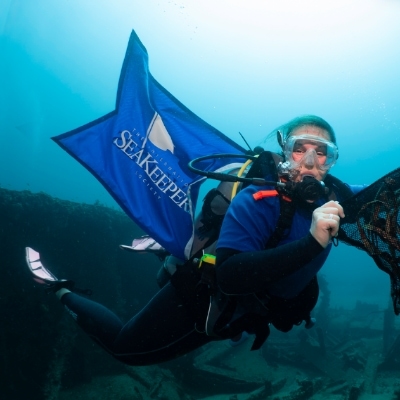UK Seal Spotting
Project Overview:
SeaKeepers is partnering with the Seal Research Trust (SRT) to support citizen science seal monitoring around the UK coastline. Through online training, resources, and data collection tools, SeaKeepers members will be equipped to contribute valuable observations of seal presence, demographics, behavior, and habitat use starting in the Southwest of England.
Program Partners
- Seal Research Trust
Location
- United Kingdom, Southwest region
Expected Time Frame
- Monthly starting in late 2025
Citizen Science activity parameters listed above are flexible and negotiable.
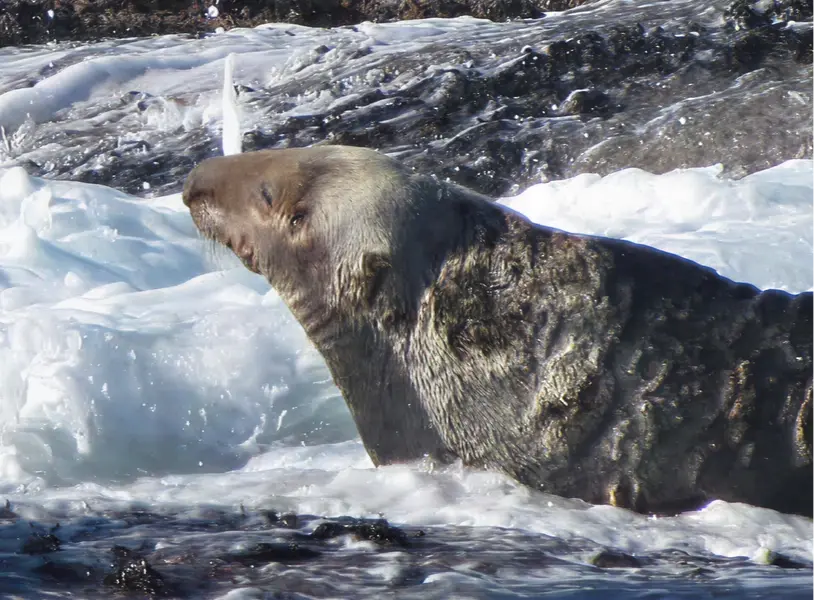
Background:
Founded by Sue Sayer, MBE, the Seal Research Trust is a leading UK-based marine conservation charity that uses long-term, volunteer-driven science to protect seals and their habitats. With over 25 years of coastal monitoring experience, SRT has developed pioneering photo-ID methods to track individual seals from their unique fur patterns.
These long-term datasets reveal migration routes, behaviour, and individual life stories, contributing to peer-reviewed research and policy guidance for marine management in the UK and beyond. At SRT, every seal is unique, and every data point contributes towards protecting them.
Mission:
SRT’s mission is to protect seals and the sea by empowering people to care for their marine environment. The goal of this project is to increase citizen science reporting and data on seal presence/absence in the SW UK and beyond, to raise awareness for best practices around wildlife, and to better inform conservation efforts. The organization supports a growing network of dedicated volunteers to photo ID seals and monitor the state of our marine environment. With the motto: “Helping people to help seals and share our seas successfully,” SRT connects science, community, and conservation.
Through this collaboration, SeaKeepers’ volunteers will be provided with:
- Best practice guidance around marine and coastal wildlife
- Online training and field resources
- Recording forms to track seal presence/absence on coastal and island transects by surveying the same area monthly (weather permitting)
- Access to tiered data collection options for more detailed reporting
- Support to record the presence/absence of seals without impacting them or other marine and coastal wildlife
Data Impact:
Seal sighting and photo-ID data collected by SeaKeepers members will feed into SRT’s long-term monitoring database, helping track individual seals, detect shifts in habitat use, and identify patterns of human disturbance. While most outcomes support non-legislative conservation actions, certain findings, such as repeated disturbance events, may inform future policy or legal protections for seal populations and sensitive coastal areas.
How to Participate:
Please explore this guide for best practices regarding seal observations: here. To receive training and start logging your sightings, please email SeaKeepers’ UK Programme Manager, Vicky Neild, at vicky@seakeepers.org.
Program Partners:
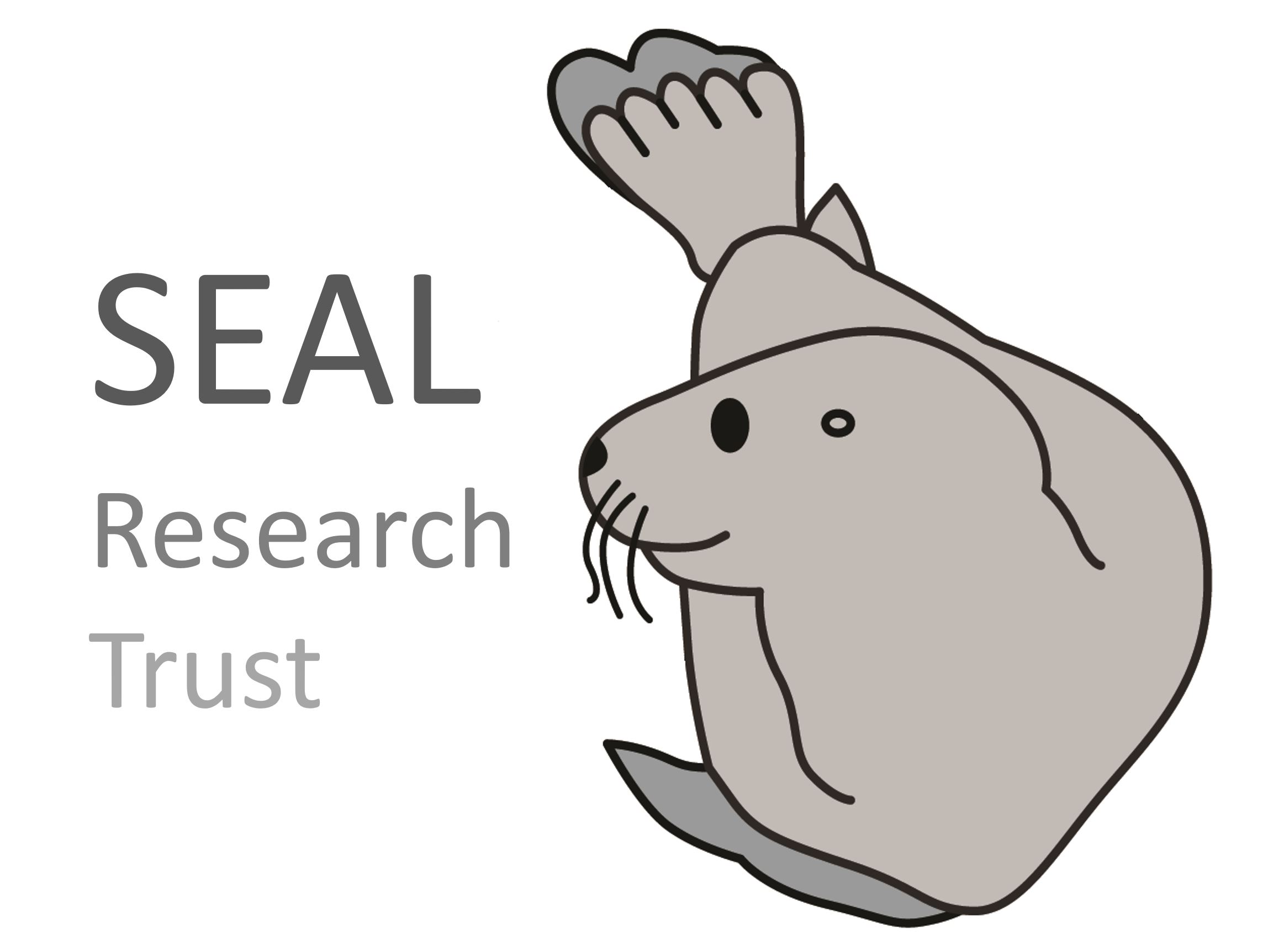
Get Involved
If you’re interested in learning more about this specific program opportunity, please reach out to our team below to find out more about this program or get involved in other opportunities with SeaKeepers.
Explore More Opportunities
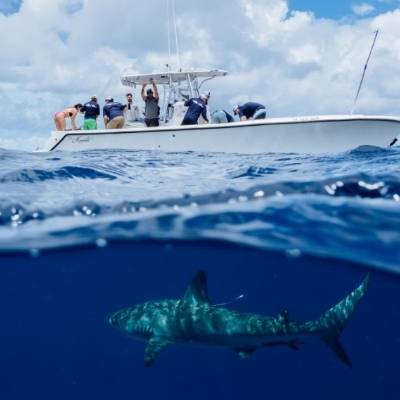
At-Sea Opportunities
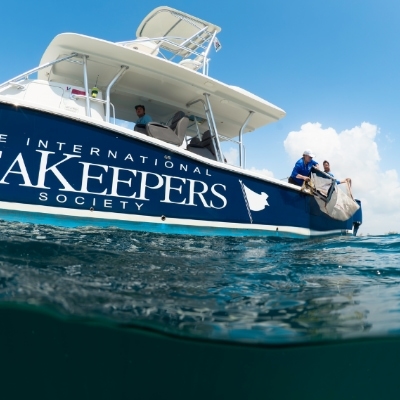
Citizen Science Opportunities
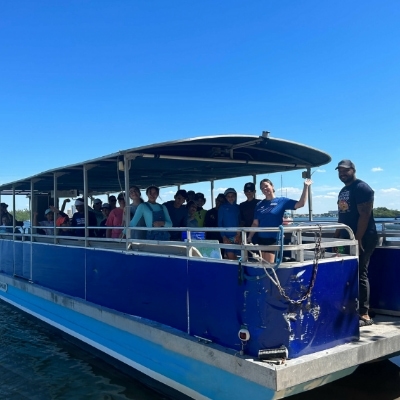
Education Opportunities
